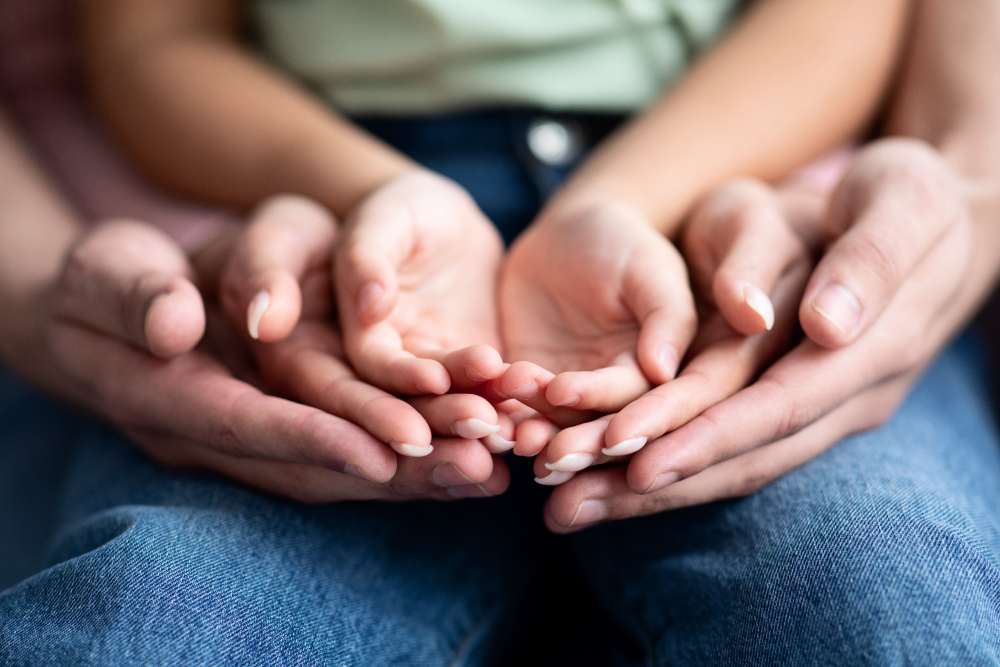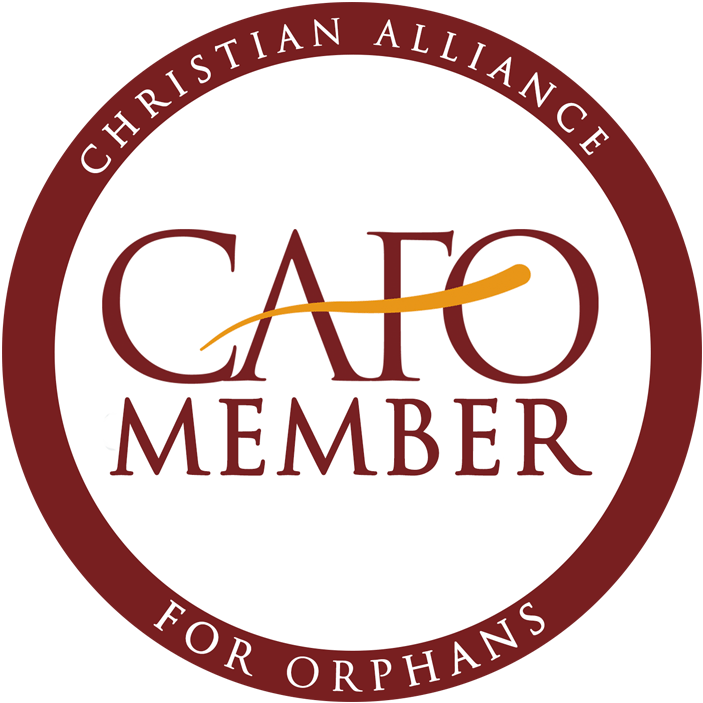The Three R’s
Think about a time you felt upset. Was it over something big or small? Did someone help you feel better? While you were still upset, did you listen to reason? Did hearing, “Calm down!” help? A popular phrase sums it up well, “Never in the history of calming down has anyone calmed down by being told to calm down.” It’s funny because it’s true.
Now, think about when your child is upset about something. How do you relate? If you’re like many parents, you probably are tempted to tell them to, “Calm down!” You might lecture at them or problem solve for them, and it rarely works. Like us, our kids are human. They need first to feel seen and heard, and that is where the Three R’s come in.
Regulate. Relate. Reason—the three Rs. Developed by Dr. Bruce Perry, each R is important, but when your child is upset and dysregulated, the order is crucial. First, we must regulate, then relate, and, finally, reason.
Regulate
Regulation is the ability to manage your own emotions and behavior. When your child is dysregulated, even over something seemingly small, help them get back to a point of being able to express their thoughts and emotions safely. When your child is dysregulated, they are in their “fear brain” which is the fight, flight, or freeze response. Blood is moving away from the frontal lobe to the amygdala. Reason and relating are impossible for the “fear brain.”
The regulation step is the foundation of the Three R’s. It will help your child if you remain regulated and calm. Practice your own deep breathing. What does it look like as your child re-regulates? You’ll notice steady breathing and heartbeat and/or relaxed body language. Once you know your child is regulated you can move on to the next R.
Relate
To relate, talk to your child calmly and help them feel heard and seen. Another way to think of relating to your child is called attunement or being aware of and responding to another person’s emotions. This is the R where you show your child empathy and compassion. Children who have experienced abuse and neglect were often alone in their distress. When relating to your child, you build connections with them and show them that even in seeming small situations, you will not leave them alone in their distress. These connections, in turn, provide a foundation for navigating big feelings and challenging behaviors together.
Reason
The last step is reasoning with your child. This is where you can access your child’s higher-level brain to talk about what occurred and practice different, healthier, ways to respond. This may look like role playing, reading a book together that teaches a skill they need to work on, or just having a chat about what to do differently next time. In this R you will help them reflect on what just happened and how to learn from it.
For example, you’ re at an event and your child wants another delicious, sugary snack, but they’ve already had candy, juice, and even a few sips of soda. You know they don’t need any more sugar. The short answer is, “No.” Of course, that small two-letter word “no” sends them into dysregulation. You feel every eye turn and look at your screaming, crying child. At that moment the only thing you can do and should do is work on keeping yourself calm and sharing that calm state with your child. You can give them some water, rub their back, or let them hold their comfort item. Once they are regulated, you then start to relate with them. You can tell them that you understand that sweets taste good and they want more, it is hard when you do not get what you want and show them empathy. Then, you move to reason with them about how they have already gotten sweets today, but they could have another healthy snack if they are hungry.













